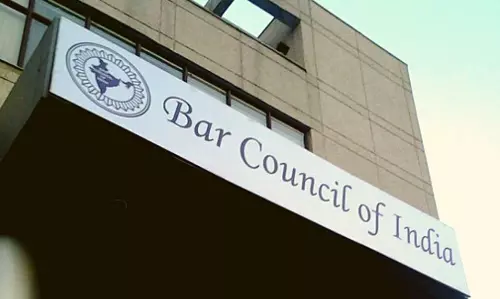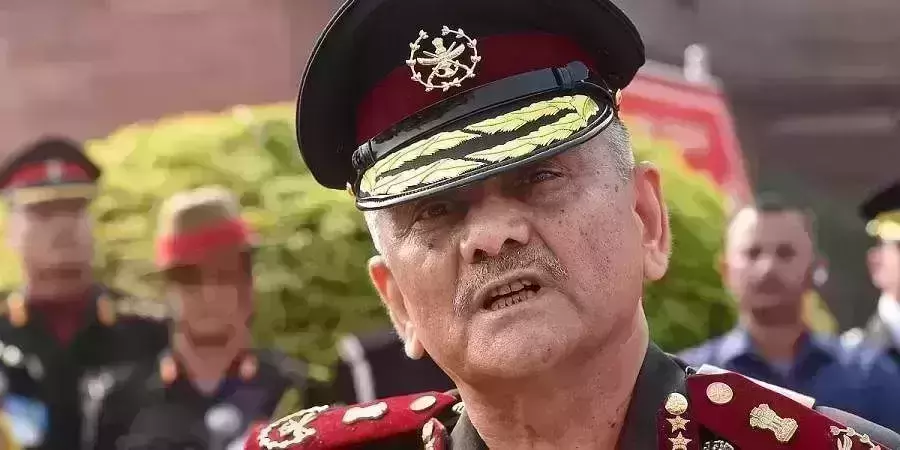
Ethnic Cleansing in China
text_fieldsThe international media recently revealed reports that the systematic ethnic cleansing measures carried out by the Communist government in China against the Uyghur Muslims in the Xinjiang province, are becoming more critical.
Protests over this issue, led by the Tibetans and Uyghurs who live in the US as expats, were held at the United Nations Council headquarters. The Muslim population known as the Uyghurs is a majority community in the Xinjiang province which shares its borders with countries such as Kazakhstan, Kyrgyzstan, Mongolia, Pakistan and Afghanistan in the northeastern part of China. There is a rich reservoir of natural resources in Xinjiang, which is the largest province in China. The historic Silk Route passes through this region. Xinjiang is also the main hub of the China's Belt and Road Initiative (BRI) which can be described as the biggest construction project in the world. Xinjiang is significant as far as China is concerned due to its geographical and strategical importance. However, the people in Xinjiang do not share the same ideology or sentiments with the imperial Han government in China which claims themselves to be Communists. Due to this reason, the Chinese government always considered them as enemies. What has been surfacing of late is a manifestation of the brural experiences resulting from that approach. experiences
Even the United Nations Human Rights Council in Geneva says that nearly 10 lakh Uyghurs have been put in different prisons. However, according to China's official statement these are 'political re-education centres' and not prisons. Chinese Communists are those who named Mao's project which killed lakhs of people as the 'Great Cultural Revolution'. Anybody could easily figure out what they intend by 'political re-education'. There is a ban on not only religious rituals like prayers and fasting as well as signs of adherence to religion such as beard, skull cap and hijab, but also on naming the newborns according to one's wish. Human rights organisations testify that if the babies are named from the proscribed list of names, they would not get even the birth certificates.
The Chinese government has been making conscious attempts to destroy the demographic profile in Xinjiang. This project is being implemented by making the Han people belonging to other parts of the country settle en masse in Xinjiang. The Chinese government has succeeded in bringing the Han population in Xinjiang to 39 per cent through this project being implemented for decades. When the government grants the Han people all kinds of concessions in the urban locations, they sideline the Uyghurs and make their lives miserable. This has triggered protests in many parts of the country. Over hundreds of Uyghurs have already migrated to the neighbouring countries fearing persecution by the government. Many of them have been residing in different European countries and the US as political refugees. It is the different Uyghur organisations led by them that bring the brutal human rights violations carried out by the Chinese government in the region before the international community.
Owing to the political uncertainty in the Muslim world in general, and in West Asia in particular, Muslim nations are not able to raise the Uyghur crisis at internaional fora with the required seriousness. Even Turkey, which usually makes principle-based interventions in such issues, is hampered by limitations in this case. The embargo initiated by America aimed at Turkey, and the resultant depreciation of Turkish Lira caused a serious crisis in its economy. And the country is trying to overcome this by increasing its trade with Russia and China. Naturally, in the midst of this, Turkey would be reluctant to raise a political issue against China. It is partly capitalizing on such favourable factors that China has intensified its reppressive steps against Uyghurs. International voices of protest need to be raised against the ethnic actions by the Communist regime in violation of basic human rights. Human rights movements and democratic forces have to wake up to action in the matter, before a huge human tragedy happens.























